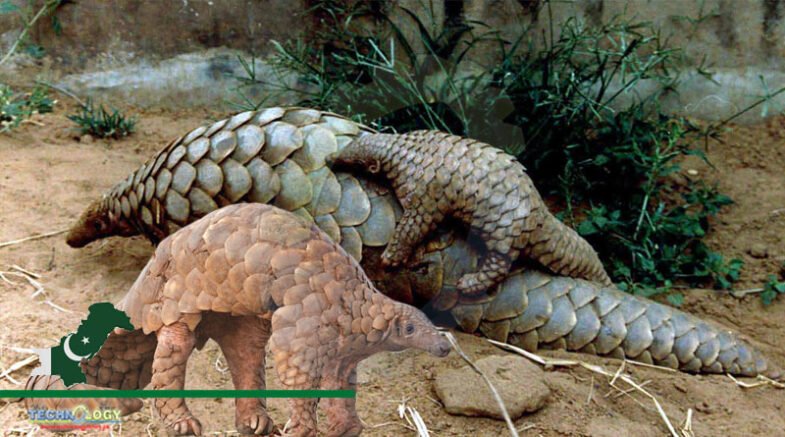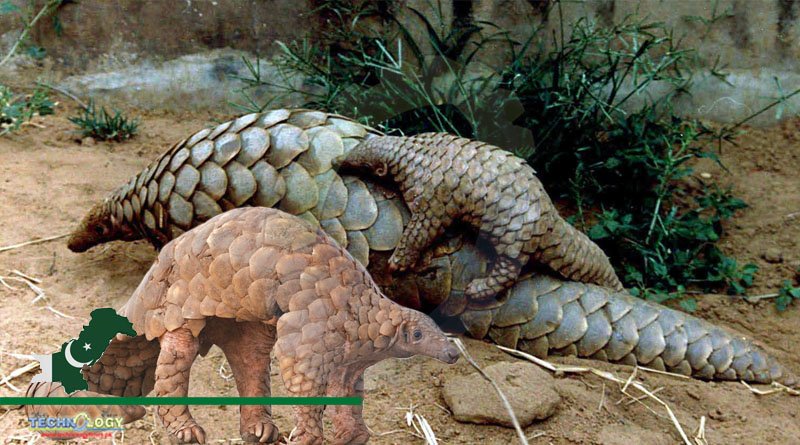According to WWF-Pakistan, poaching and the illegal wildlife trade of Indian pangolins are the primary threats driving the decline of this endangered species in Pakistan.

Last week, the Islamabad Wildlife Management Board (IWMB) rescued two pangolins, one adult and one juvenile, from poachers involved in illegal trade.
WWF-Pakistan says it has been collaborating with the IWMB on pangolin rescue and protection in recent years, and in light of the most recent rescue operation, it has proposed installing radio telemetry transmitters on the rescued pangolins with the assistance of PMAS Arid Agriculture University, Rawalpindi.
On December 13, 2022, the subsequent installation of the radio telemetry device was completed successfully. This intervention is part of WWF-ongoing Pakistan’s collaboration with IWMB and Arid Agriculture University.
According to WWF-Pakistan, poaching and the illegal wildlife trade of Indian pangolins are the primary threats driving the decline of this endangered species in Pakistan. These threats are exacerbated primarily by a lack of awareness, as pangolins are perceived as agricultural pests, among other negative perceptions among local communities, which leads to poaching.
In a series of tweets, the IWMB chair shared videos of a female and a baby pangolin rescued by board staff. “Watch this incredible video of a baby pangolin feeding on its mother after being released and feeling safe in the wilderness of Margallah Hills National Park, a rich habitat for pangolins and other endangered species!”
She went on to say that the two pangolins would be monitored for the next six months so that their range, movements, and so on could be studied. The mother pangolin was fitted with a radio transmitter because this would be the first time in Pakistan that a pangolin could be studied so closely in the wild.
She congratulated the IWMB raid team for rescuing two critically endangered Indian pangolins (mother and child) in the federal capital, which was carried out by Assistant Director Abbas and a team led by Zaheer Khan.
She stated that both pangolins appeared to be in good health. “Pangolin are anteaters that eat termites, ants, and other insects. They’ve been in captivity for five days and need to be released as soon as possible.”
According to WWF-Pakistan, it aims to strengthen in-situ pangolin conservation by improving law enforcement capacity, raising community awareness to effectively protect this species, and implementing a series of pangolin conservation interventions through various projects.
Telemetry-based methods have been used on most pangolin species, but this is the first time this method has been used on the Indian pangolin in Pakistan. Telemetry methods are a reliable tool for gathering data on species’ area use and survival rates, and will prove to be an effective technique in determining Indian pangolins’ home range.
